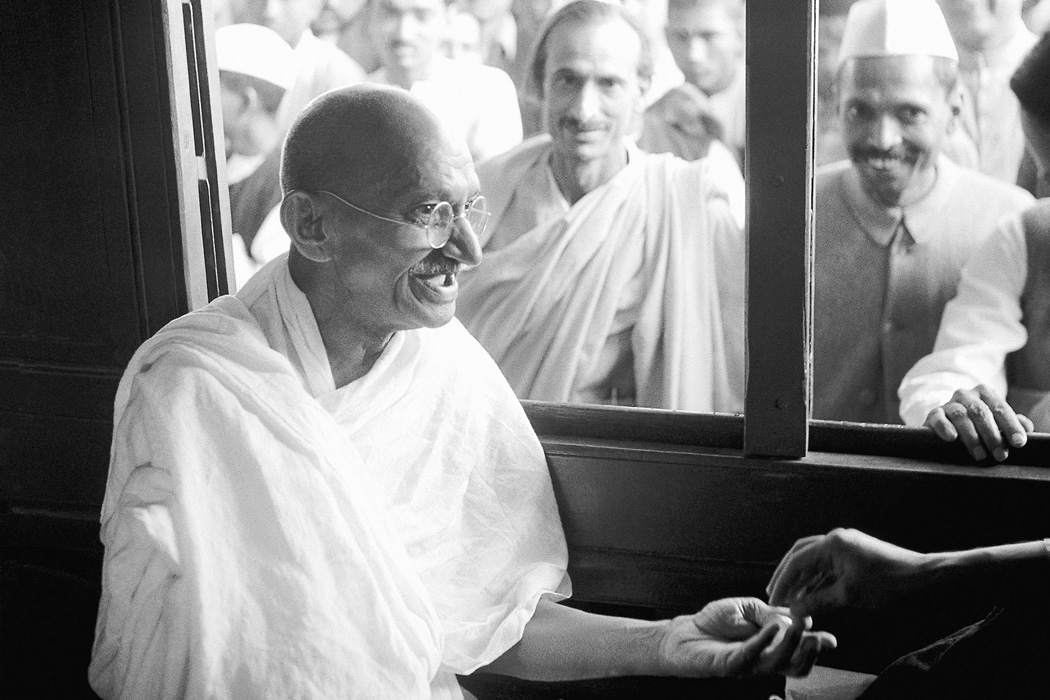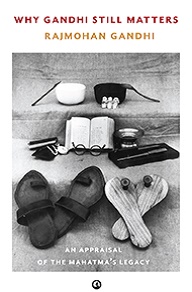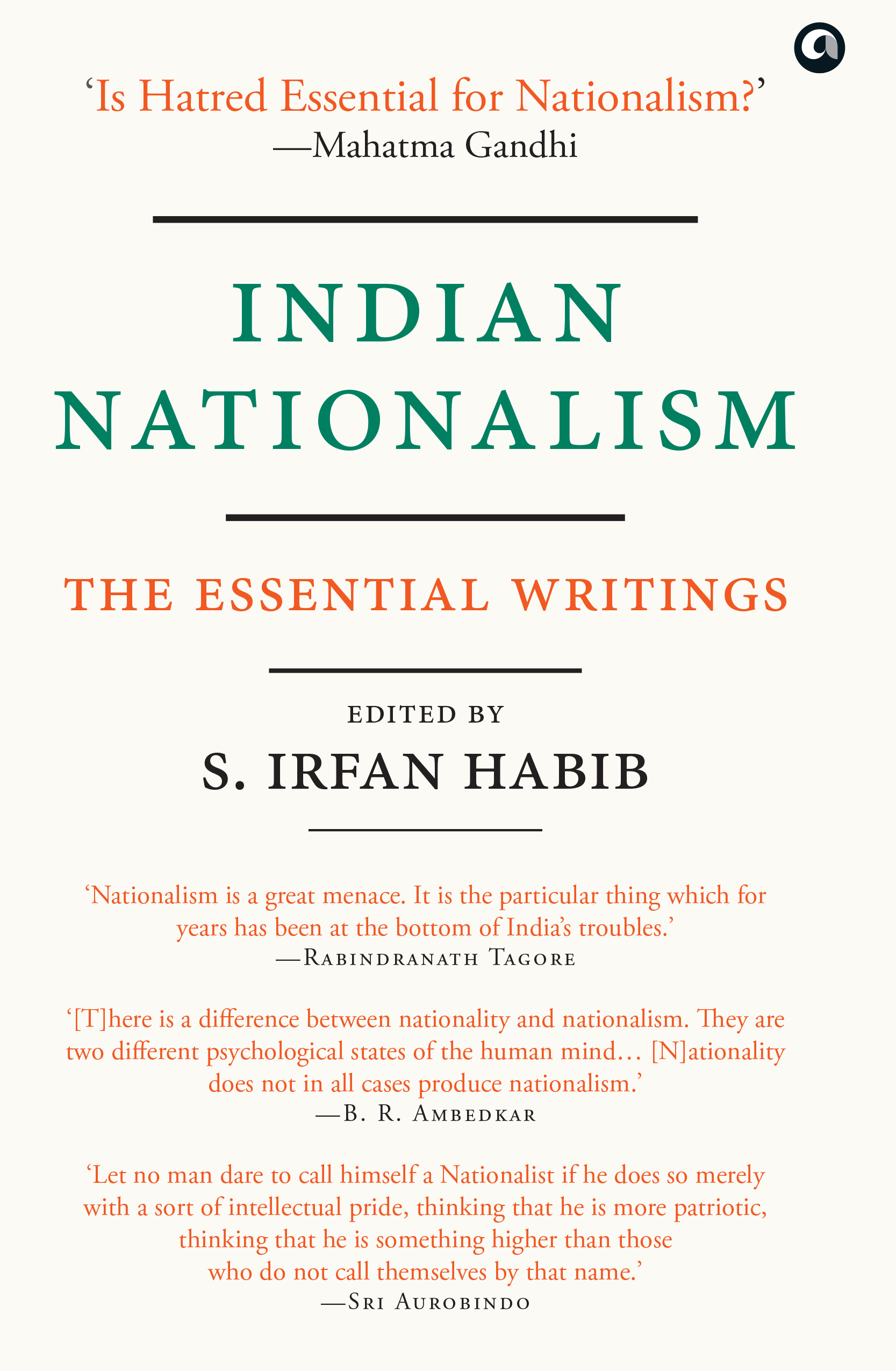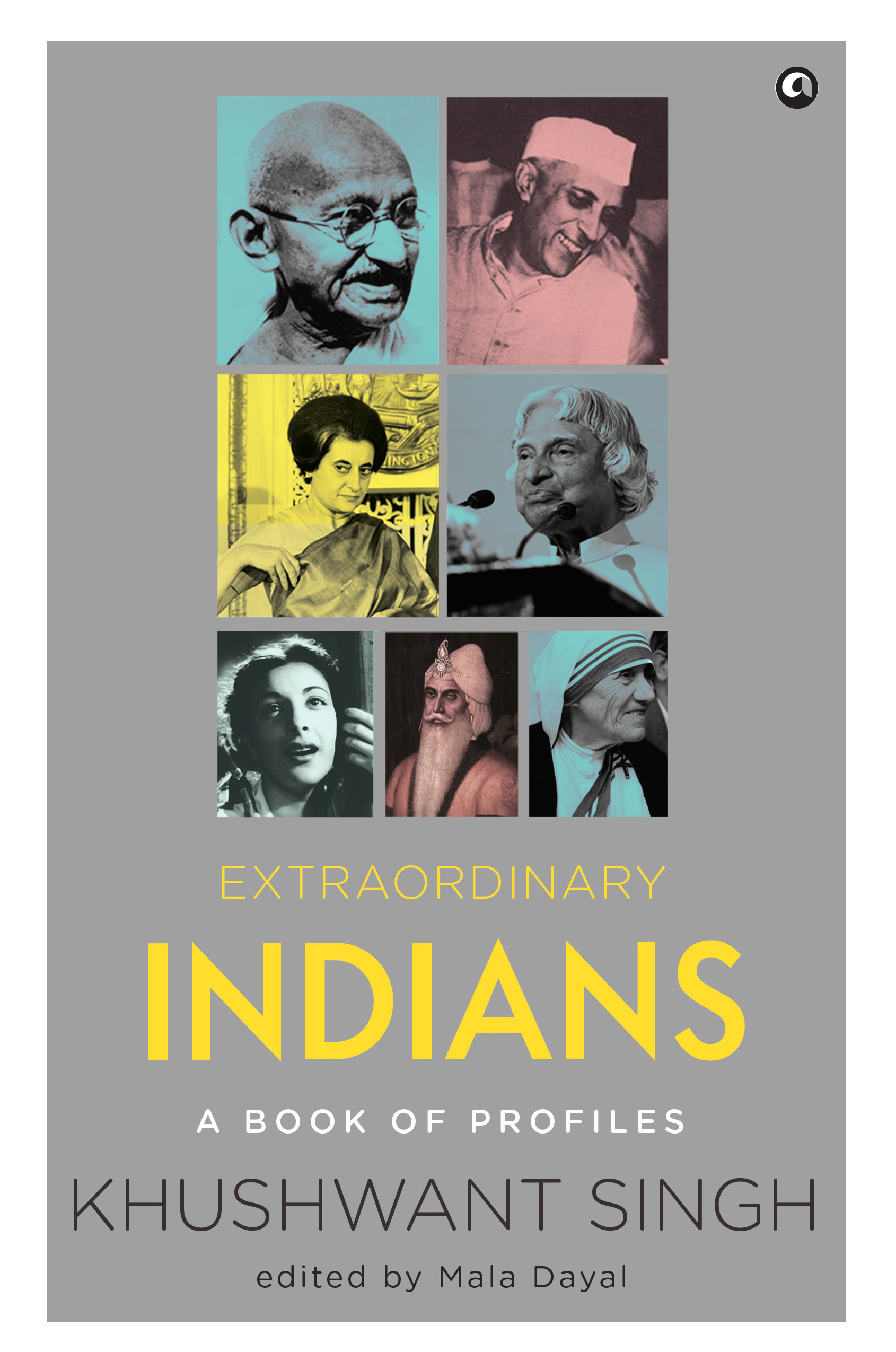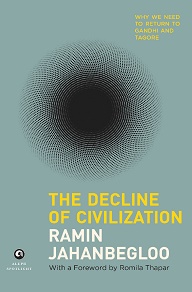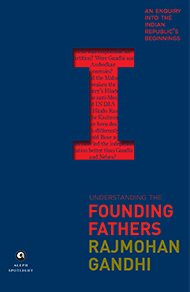The Legacy of Gandhi
The year 2019 marks the 150th anniversary of Gandhi’s birth. Whether or not you agree with all his views and whether you hail him as a mahatma or not, his legacy endures and his ideas continue to shape this nation even today. Extolled across the world for leading India to Independence, he was conferred many epithets, the most important of them perhaps—the Father of the Nation.
So, what is it about Gandhi that continues to engender debates decades after his death? In Why Gandhi Still Matters: An Appraisal of the Mahatma’s Legacy, Rajmohan Gandhi, his grandson and prominent historian, writes that ‘perfection and relevance are not the same thing’. The one thing we can undeniably agree on, in a time of deeply polarizing ideologies, is that his contribution to the making of our nation is irreplaceable.
Here are some of our books you should pick to delve deeper into different aspects of Gandhi’s life and his ideologies.
Why Gandhi Still Matters: An Appraisal of the Mahatma’s Legacy by Rajmohan Gandhi
In our country, he is revered as the Father of the Nation; his face still adorns currency notes, postage stamps and government offices; streets and welfare schemes continue to be named after him but has he been reduced to a mere symbol? Do his values, message and sacrifice have any meaning for us in the twenty-first century?
In Why Gandhi Still Matters, the Mahatma’s grandson and award-winning writer and scholar Rajmohan Gandhi, appraises Gandhi and his legacy by examining some of his most famous (and often most controversial) ideas, beliefs, actions, successes and failures. He analyses Gandhi’s commitment to democracy, secularism, pluralism, equality and non-violence, his gift to the world of satyagraha, the key strategies in his fight for India’s freedom, his opposition to caste discrimination, and his equations with Churchill, Jinnah and Ambedkar, as also his failings as a human being and family man. Taken together, the author’s insights present an unsentimental view of aspects of Gandhi’s legacy that have endured and those that have been cast aside by power-hungry politicians, hate groups, casteist organizations, venal industrialists, terrorists, and other enemies of India’s promise.
Indian Nationalism: The Essential Writings by S. Irfan Habib
Nationalism, as we understand it today first, came into being more than a hundred years ago. Studied by historians, political scientists and sociologists for its role in world history, it remains one of the strongest driving forces in politics and also the most malleable one. A double-edged sword, it can be a binding force or a deeply divisive instrument used to cause strife around political, cultural, linguistic or, more importantly, religious identities.
In this anthology, historian S. Irfan Habib traces the growth and development of nationalism in India from the late nineteenth century through its various stages: liberal, religion-centric, revolutionary, cosmopolitan, syncretic, eclectic, right liberal…The views of our most important thinkers and leaders—Mahatma Gandhi, Jawaharlal Nehru, C. Rajajgopalachari, Bhagat Singh, Bal Gangadhar Tilak, Sarojini Naidu, B. R. Ambedkar, Rabindranath Tagore, M. N. Roy, Maulana Azad, Jayaprakash Narayan and others—remind us what nationalism should mean and the kind of inclusive, free and humanistic nation that we should continue to build.
Extraordinary Indians by Khushwant Singh
Extraordinary Indians is a collection of profiles of fifty eminent Indians (and one Pakistani) from a variety of backgrounds and professions. Published on the seventieth anniversary of India’s independence, it is intended to provide the reader with a glimpse of the kind of people who have made this country great.
Over the course of a long and prolific career, Khushwant Singh met and wrote about hundreds of people. The people in this book are those he admired deeply for their integrity, talent, generosity, vision and leadership. Included here are towering politicians like Mahatma Gandhi, Jawaharlal Nehru, Maulana Azad, Indira Gandhi and others. At a time when false prophets and men and women with feet of clay are being exalted, this is a book that reminds us who India’s true heroes and heroines are.
The Decline of Civilization: Why We Need to Return to Gandhi and Tagore by Ramin Jahanbegloo
Human civilization has lasted for approximately fifty centuries despite being continually under threat because of its inclination towards fear and violence. Today, however, ‘the future of civilization seems bleak’. Why is this so? Is it because our present time is barbaric? Is the twenty-first century another Dark Age?
In this book, eminent philosopher Ramin Jahanbegloo talks about this new crisis in the civilization that has given rise to fundamentalist movements and authoritarian leaders like Donald Trump. He shows us that civilization is all about the relationship of human beings to one another. When that relationship breaks down and we begin to distrust each other, when we are no longer inclusive or accepting of our differences, then society, which today is more plural than it has been at any time in its history, begins to decivilize and break down. Using the insights of Hegel, Kant, Arendt, Rousseau, Ricoeur and many other great philosophers, the author concludes that it is time to go back to the values and beliefs of Mahatma Gandhi and Rabindranath Tagore, two of the greatest humanists the world has ever seen, if we are to reverse the rot that has set in.
Understanding the Founding Fathers: An Enquiry into the Indian Republic’s Beginnings by Rajmohan Gandhi
Nearly seventy years ago, the founding fathers of the Indian republic—Mahatma Gandhi, Jawaharlal Nehru, B. R. Ambedkar, Subhas Chandra Bose and Vallabhbhai Patel—steered the new nation in a direction that ensured it wasn’t destroyed by sectarianism, casteism and authoritarianism. Because their wisdom found widespread acceptance, every time it seemed that the country would succumb to religious hatred, fissiparous tendencies or caste violence, disaster was averted as its leaders and its people stayed more or less true to the values on which the republic was founded. In recent times, however, attempts have been made to discredit these great Indians and devalue their contribution to the modern Indian state.
In this thought-provoking book, award-winning biographer and historian Rajmohan Gandhi sets the record straight on the founding fathers as well as their great opponent, Muhammad Ali Jinnah. Along the way, he answers questions of perennial interest—Who was really responsible for Partition? Were Gandhi and Ambedkar enemies? Did the Mahatma weaken the country’s Hindus? Was he anti-Muslim? Should India have been a Hindu Rashtra? Could the Kashmir issue have been dealt with differently? Would Bose and Patel have led the independent nation better than Gandhi and Nehru?
************
Which book are you picking up today?
#150YearsOfGandhi

